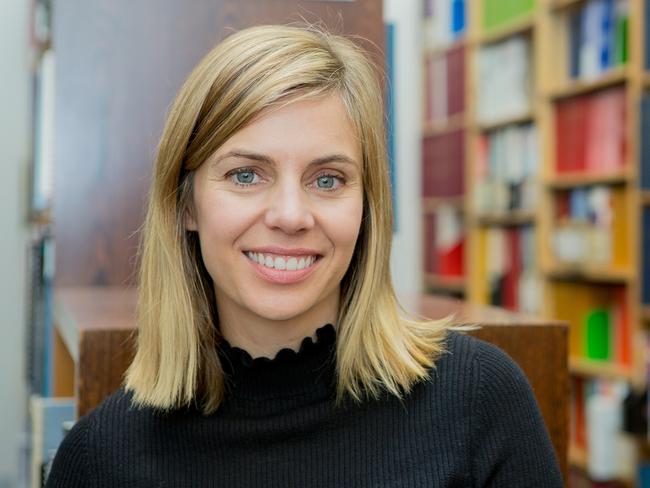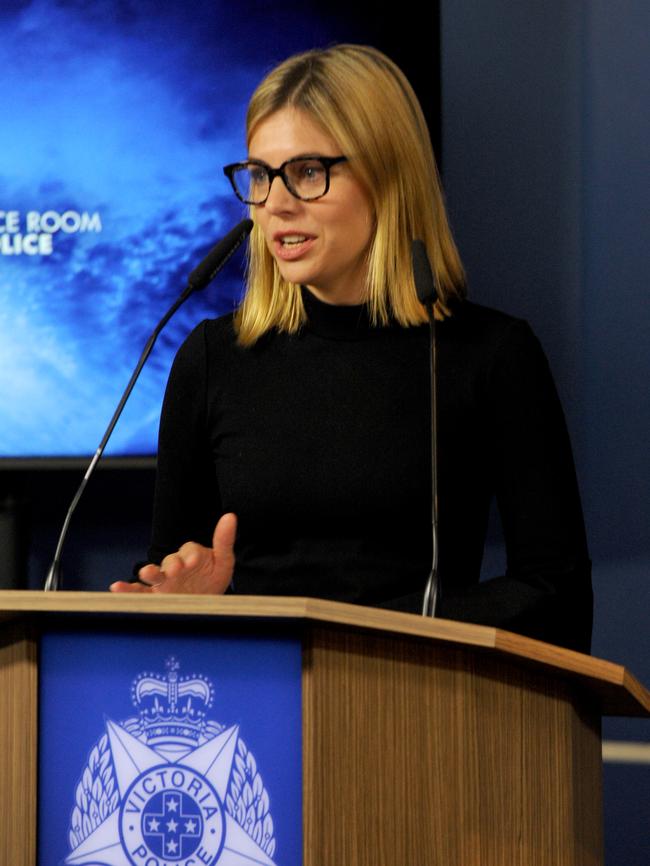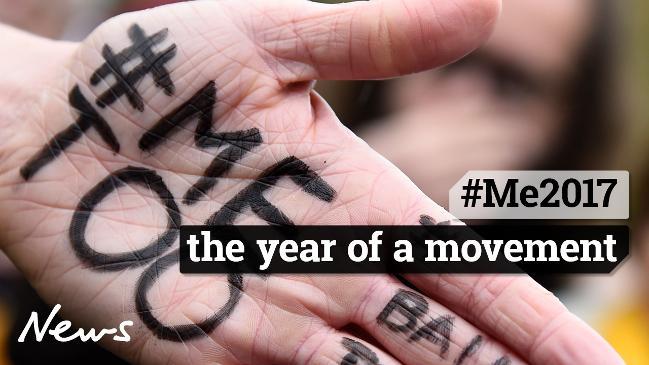#MeToo movement needs to reach women in low-profile industries: VIctoria’s Equal Opportunity and Human Rights Commissioner
VICTORIA’S Equal Opportunity and Human Rights Commissioner is urging the #MeToo movement to turn its focus to include women in lower-profile industries such as retail, hospitality and emergency services.
VIC News
Don't miss out on the headlines from VIC News. Followed categories will be added to My News.
VICTORIA’S Equal Opportunity and Human Rights Commissioner, Kristen Hilton, is urging the #MeToo anti-sexual harassment movement to turn its focus to include women in lower-profile industries such as retail, hospitality and emergency services.
The global social media campaign calling out sexual harassment in the movie and entertainment business had been positive, but women in less visible and male dominated industries also needed support to come forward.
How boxing helped Tegan Higginbotham see that #MeToo has a fighting chance
Kim Wilson: #metoo movement has power to help us all
Ms Hilton said it was “a good sign” that the commission had received “a 40 per cent uptick” in complaints — mainly about workplace sexual harassment — since the Harvey Weinstein harassment scandal broke in Hollywood last August.
“This very public movement … has focused on high-profile men, not necessarily the small-business owner who puts his hand the up the skirt of his employee every day,” Ms Hilton said.
“We have to make sure that it translates to the protection of women in those industries where we know that sexual harassment is rife, and where women feel maybe even less empowered than others to speak out because financially, that job is absolutely critical to them.”
As the commission prepares to face more legal action by the United Firefighters Union to prevent the release of its equity and diversity review of the Victorian fire services, Ms Hilton said harm was continuing to occur.

The main workplaces from which the new flow of sexual harassment complaints were coming were “male-dominated” industries, she said, or those in which men typically still held most senior positions and power.
These include industries such as agriculture, emergency services and medicine, in which women are under-represented in senior roles, those in which many women have casual work, such as retail and hospitality.

“In the fire services, for example, you’ve got only 3 per cent of women as operational firefighters, and we know having more women in an organisation, and also in leadership positions, is a strong antidote to cultures where harassment and everyday sexism is just normalised,” Ms Hilton said.
“#MeToo has been extremely important and positive in exposing sexual harassment as a pervasive and industry-wide problem … but there are many women out there who won’t want to tell their stories through social media.”

She said the sharp increase in complaint numbers post-Weinstein “relates to greater awareness of the fact sexual harassment is against the law and people can do something about it, and perhaps to increased confidence around taking action and reporting it”.
She urged women to report complaints through official channels, fearing some women may lose their livelihoods, and natural justice for targets of the complaint may not always be able to be followed, if alleged harassers are outed on social media.
Women should know that usually when action is taken in the form of conciliation or investigation the sexual harassment stops.
wendy.tuohy@news.com.au or on Twitter @wtuohy


